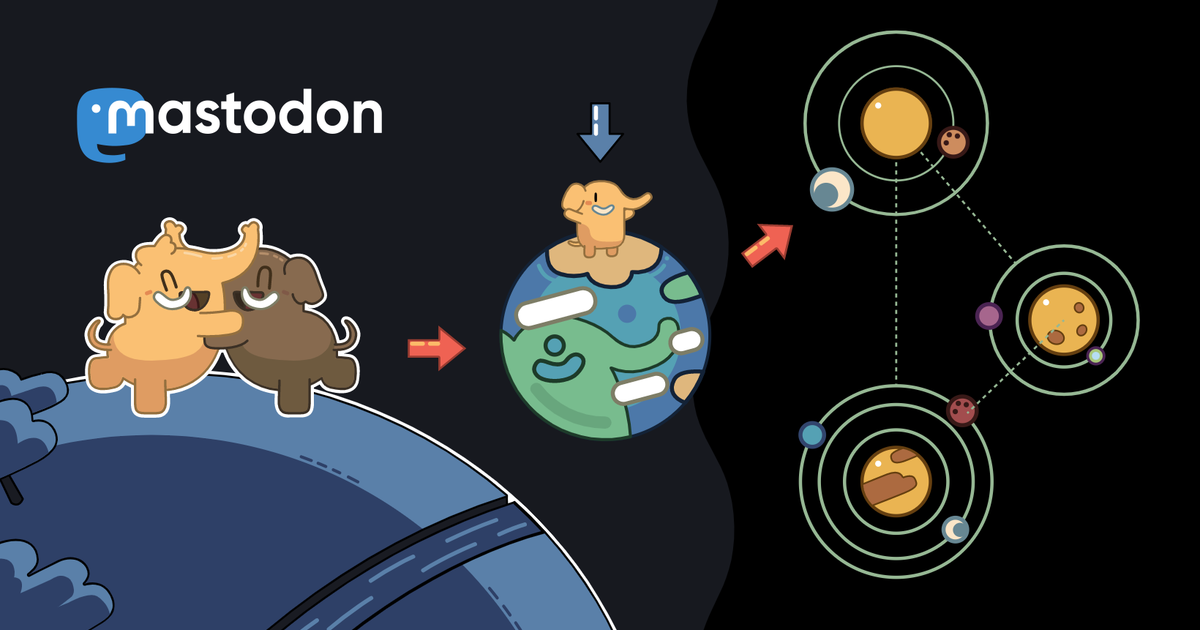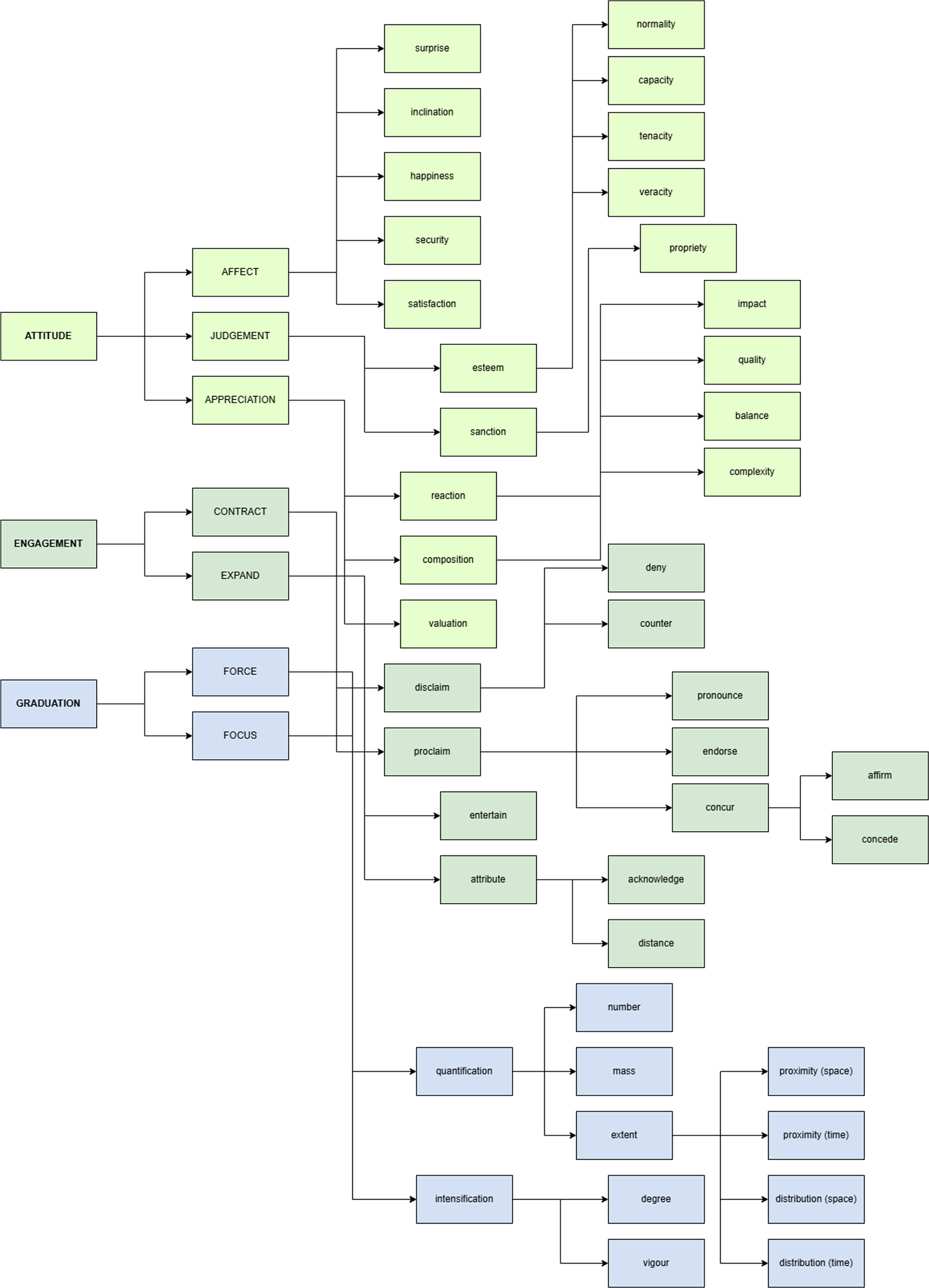
Administered by:
Server stats:
11Kactive users
mstdn.social: About · Status · Profiles directory · Privacy policy · Terms of service
Mastodon: About · Get the app · Keyboard shortcuts · View source code · v4.4.1
#corpuslinguistics
Anyone doing research on digital religion?
I've just finished writing a draft on religious influencers and am looking for suitable journals.
My research method combines computational statistical tools and discourse analysis.
#CorpusLinguistics #Discourse #Linguistics
New paper: 'Appraising feedback stance in higher education: A corpus-assisted discourse study of student and academic perceptions, perspectives and preferences'
Includes corpora, Python script and interactive graphs
#CorpusLinguistics #Linguistics #education
See: https://link.springer.com/article/10.1007/s41701-025-00196-3

Mastodon is the best way to keep up with what's happening.
Follow anyone across the fediverse and see it all in chronological order. No algorithms, ads, or clickbait in sight.
Create accountLogin